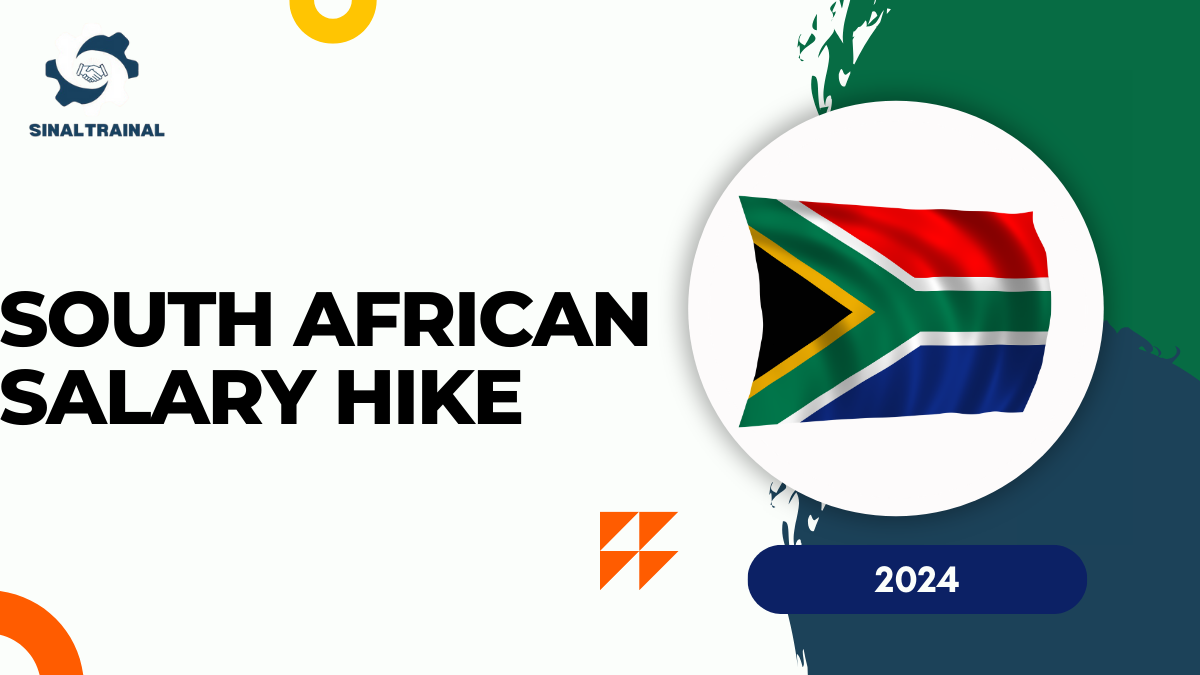South Africa is set to introduce a significant salary adjustment for public sector employees, a move that has attracted the attention of stakeholders nationwide. Beginning on 1 April 2024, non-Senior Management Service (SMS) public servants working in national and provincial departments and falling within salary levels 1 to 12 will receive a 4.7% wage increase. This announcement was made by Minister for the Public Service and Administration, Ms. Noxolo Kiviet, and marks an effort to address various economic and workforce considerations.
2024 South African Salary Hike
The decision to implement a 4.7% salary increase came after thoroughly evaluating the nation’s economic conditions and the imperative of fiscal discipline. Minister Kiviet emphasized the government’s dual responsibility to maintain economic stability while also ensuring that public servants receive fair and competitive compensation. She noted that the government’s strategy focuses on balancing these economic realities with the importance of retaining a dedicated workforce that is essential to maintaining public services.
Government’s Strategic Priorities
In her announcement, Minister Kiviet reiterated the government’s dedication to delivering accessible and affordable public services. She acknowledged the efforts of public servants and stated that monetary compensation is just one component of a larger initiative to make the Public Service a desirable employer. The broader effort includes creating opportunities for skill development and career advancement, positioning the public sector as a place where employees can achieve personal and professional growth.
“The government had to counterbalance these with the need to prioritize fair and competitive compensation for public servants to attract and retain talented individuals dedicated to serving the nation. This decision aligns with the commitment to affordable and accessible public services while recognizing public servants’ hard work and dedication,” remarked Minister Kiviet.
Trade Union Responses and Concerns
Despite the announced wage increase, several prominent trade unions, including the Police and Prisons Civil Rights Union (Popcru), the South African Policing Union (Sapu), and the National Education, Health and Allied Workers’ Union (Nehawu), have rejected the 4.7% adjustment. These unions argue that the increase falls short of the current consumer inflation rate and does not adequately address the rising cost of living. These unions collectively represent over 300,000 public servants, constituting about 23% of the national public workforce. They have warned of potential strikes if the government fails to reconsider its offer.
Meanwhile, the Public Servants Association (PSA), representing over 245,000 state workers, has opted to monitor the inflation rate closely. PSA General Manager Reuben Maleka highlighted that if the Consumer Price Index (CPI) exceeds current projections, the union will demand that the government compensate for the difference.
“Should the CPI rise above the projected CPI, the PSA will insist that the difference be augmented,” Maleka stated, reinforcing the union’s stance on inflation-linked adjustments.
Financial Implications and Allocations
The increased wages are set to impact government expenditures in the upcoming years substantially. For the 2024/25 fiscal year, the National Treasury has allocated R754.2 billion for public servant salaries, reflecting a rise of R33.1 billion from the previous year.
Projections indicate that this expenditure will reach R788.6 billion in 2025 and R822.5 billion in 2026. This growing wage bill represents around 30% of the national government’s total expenditure of R2.4 trillion, highlighting the significance of public sector salaries in the broader fiscal landscape.
Additional Compensation and Ongoing Negotiations
In addition to the 4.7% wage increase, certain public servants may qualify for a further 1.5% pay progression based on their years of service and performance evaluations. Furthermore, separate negotiations are underway to address possible increases in housing allowances and medical benefits, which the government aims to align with inflation rates. These negotiations are crucial for addressing the comprehensive compensation package and ensuring that additional benefits reflect current economic conditions.
Conclusion and Outlook
The 4.7% salary increase for South African public servants, effective from 1 April 2024, underscores the government’s attempt to balance fiscal responsibility with fair compensation. However, the pushback from trade unions suggests that further negotiations and potential disputes may lie ahead.
The government has expressed its commitment to supporting public servants through appropriate compensation and career development, while carefully managing the fiscal challenges associated with national budgeting. Going forward, the ongoing dialogue between the government and trade unions will be critical in shaping the future of public sector employment and compensation in South Africa.
Click here to know more.

Arvind, an exam specialist with a passion for education, writes comprehensive articles on exam results and admit cards. His expertise ensures students receive reliable information and useful tips to excel in their exams.
